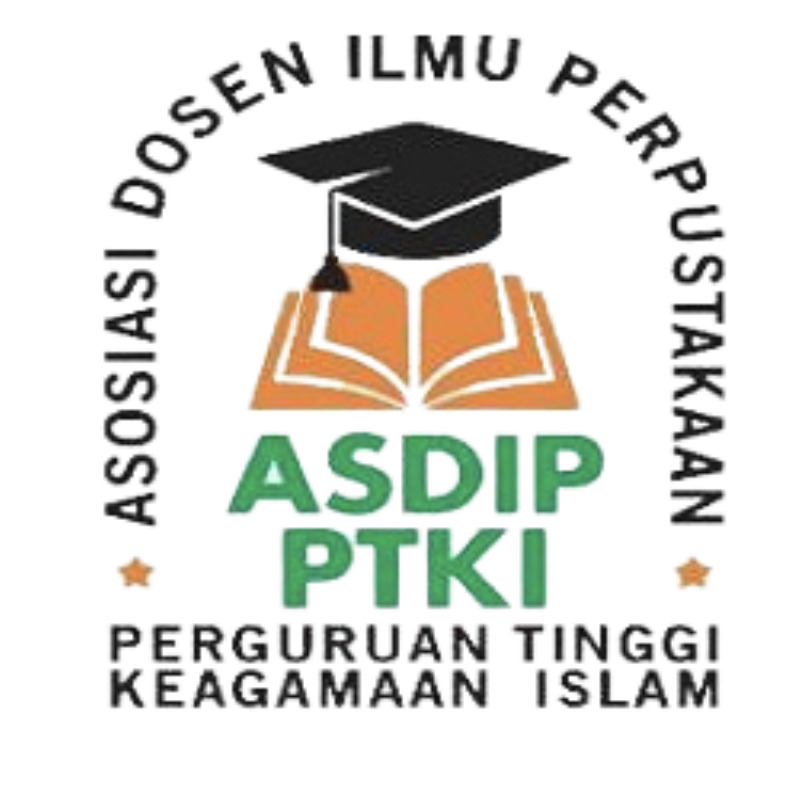Keterampilan Literasi Informasi Pada Mahasiwa Prodi Ilmu Perpustakaan Di Universitas Terbuka Berdasarkan Standard Association Of College Reseach Libraries (ACRL)
DOI:
https://doi.org/10.29240/tik.v6i2.5305Keywords:
Information Literacy, Library Science, Open University, ACRLAbstract
The research is aimed to know the literacy skill of open university library science student. This is a descriptive research with sample of open university library science student as many as 910 student among 6063 students. Tested by using the rate value. The results showed that the information literacy skills of the students of the open university library science study program were skilled. With the following details: (1) the ability of students to determine the rerequired information needs with an average score of 2.85 is included inte skilled category. (2) the ability of students to find the information needed effectively and efficiently with and average score of 2.77 skilled category. (3) evaluation of information and sources criticall with an average score of 2.71 in the skilled category. (4) capability of using the information to accomplish particular purposes with an average score of 2.77 in the skilled category. (5) understanding economic, legal, and and social aspects which are related the use of information with an average score of 2.84 in the skilled category. The researcher’s suggestion from the result of the research found is necessary to improve students’ information literacy skill to develop students’ literacy skills so that they can complete various tasks that are well received.
Downloads
References
Ahmad Juhaidi. (2016). Perilaku pencarian informasi (Information Seeking Behavior). IAIN Antasari. https://idr.uin-antasari.ac.id/7309/1/perilaku pencarian informasi full.pdf
Aini, D. N. (2018). Pengaruh Budaya Literasi dalam Mengembangkan Kecerdasan Kewarganegaraan. Biormatika: Jurnal Ilmiah Fakultas Keguruan Dan Ilmu Pendidikan, 4(1), 1–10.
Creswell, J. W. (2016). Research Design Pendekatan Kualitatif, Kuantitatif, dan. Mixed. Pustaka Pelajar.
Hariyati, N., Trihantoyo, S., & Haq, M. S. (2018). Optimalisasi Budaya Literasi Mahasiswa Fakultas Ilmu Pendidikan Universitas Negeri Surabaya. El-Idare: Jurnal Manajemen Pendidikan Islam, 4(1), 91–104.
Kalarensi Naibaho. (2015). Merancang Program Pendidikan Pemakai untuk Pemustaka Digital Native di Perpustakaan Universitas Indonesia. Visi Pustaka, 17(2), 96–109.
Lailatul Rahmi. (2021). Kompetensi Literasi Informasi Mahasiwa Ilmu perpustakaan Dalam Pembelajaran Jarak Jauh Selama Pandemi covid 19. Publis Journal Publication Library and Information Science, 5(1). https://doi.org/DOI : 10.24269/pls.v5i1.3904
Lien, D. A. (2014). Literasi Informasi: 7 Langkah Knowledge Management. Penerbit Universitas Atma Jaya.
Muhammad Azwar. (2013). Information Literacy Skills : Strategi Penelusuran Informasi Online. Alauddin University Press.
Nurudin. (2018). Media Sosial Agama Baru Masyarakat Milenial. Intrans Publishing.
Shao, X. and Purpur, G. (2016). Effects of Information Literacy Skills on Student Writing and Course Performance. Journal of Academic Librarianship. Elsevier B.V, 42(6), 670–678. https://doi.org/doi: 10.1016/j.acalib.2016.08.006
Sofiyan Siregar. (2013). Metode Penelitian Kuantitatif dilengkapi perbandingan perhitungan manual & SPSS. Kencana.
Tri Septiyantono. (2017). Literasi Informasi. Universitas Terbuka.
Downloads
Additional Files
Published
Issue
Section
Citation Check
License
Authors who publish with Tik Ilmeu : Jurnal Ilmu Perpustakaan dan Informasi agree to the following terms:
- Authors retain copyright and grant the journal right of first publication with the work simultaneously licensed under a Creative Commons Attribution-NonCommercial-ShareAlike 4.0 International License (CC BY-NC-SA 4.0) that allows others to share the work with an acknowledgment of the work's authorship and initial publication in this journal.
- Authors are able to enter into separate, additional contractual arrangements for the non-exclusive distribution of the journal's published version of the work (e.g., post it to an institutional repository or publish it in a book), with an acknowledgment of its initial publication in this journal.
- Authors are permitted and encouraged to post their work online (e.g., in institutional repositories or on their website) prior to and during the submission process, as it can lead to productive exchanges, as well as earlier and greater citation of published work (See The Effect of Open Access).







 This work is licensed under a
This work is licensed under a 